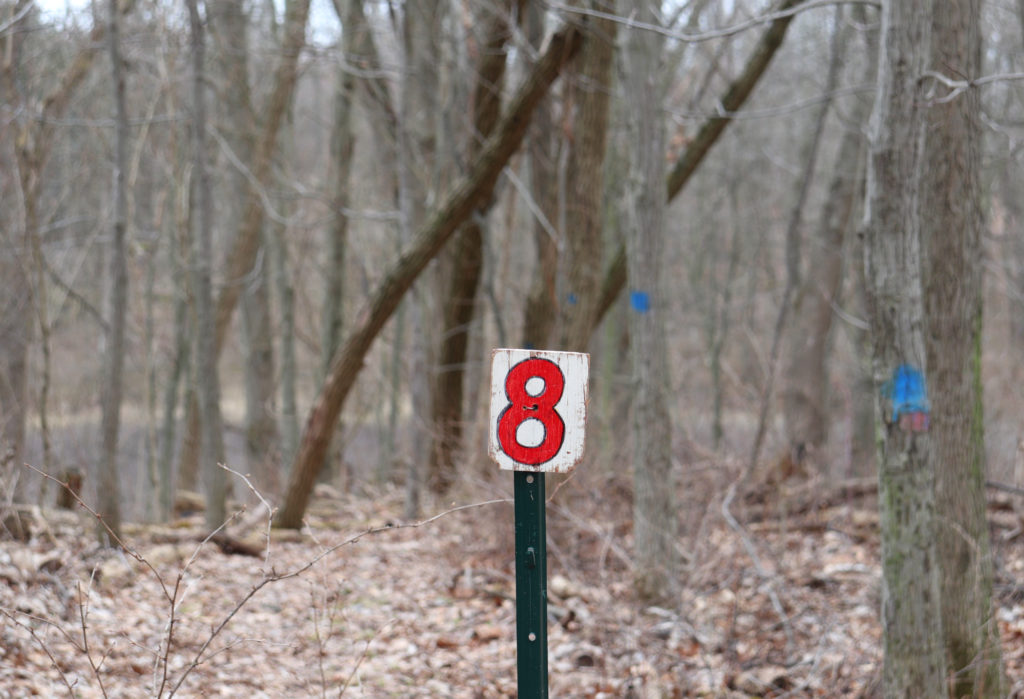
“A large number of women followed him, including women who mourned and wailed for him. Jesus turned and said to them, ‘Daughters of Jerusalem, do not weep for me; weep for yourselves and for your children. For the time will come when you will say, ‘Blessed are the barren women, the wombs that never bore and the breasts that never nursed!’ Then ‘they will say to the mountains, “Fall on us!” and to the hills, “Cover us!”’ For if men do these things when the tree is green, what will happen when it is dry?” (Luke 23: 27-31)
“Weeping and mourning are considered by many people as signs of weakness. They say that crying will not help anybody. Only action is needed. And still, Jesus wept over Jerusalem; he wept also when he heard that his friend Lazarus had died. Our tears reveal to us the painful human condition of brokenness; they connect us deeply with the inevitability of human suffering; they offer the gentle context for compassionate action. … Our tears can lead us to the heart of Jesus who wept for our world. As we weep with him, we are led to his heart and discover there the most authentic response to our losses. (Nouwen, Walk)
Beneath Thy Cross
Christina Rosetti
Am I a stone, and not a sheep,
That I can stand, O Christ, beneath Thy cross,
To number drop by drop Thy Blood’s slow loss,
And yet not weep?
Not so those women loved
Who with exceeding grief lamented Thee;
Not so fallen Peter weeping bitterly;
Not so the thief was moved;
Not so the Sun and Moon
Which hid their faces in a starless sky,
A horror of great darkness at broad noon –
I, only I.
Yet give not o’er,
But seek Thy sheep, true Shepherd of the flock;
Greater then Moses, turn and look once more
And smite a rock.
Prayer of Praise: “I adore you, O Christ, and I bless you, because by your holy cross you have redeemed the world.”
